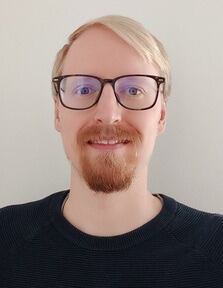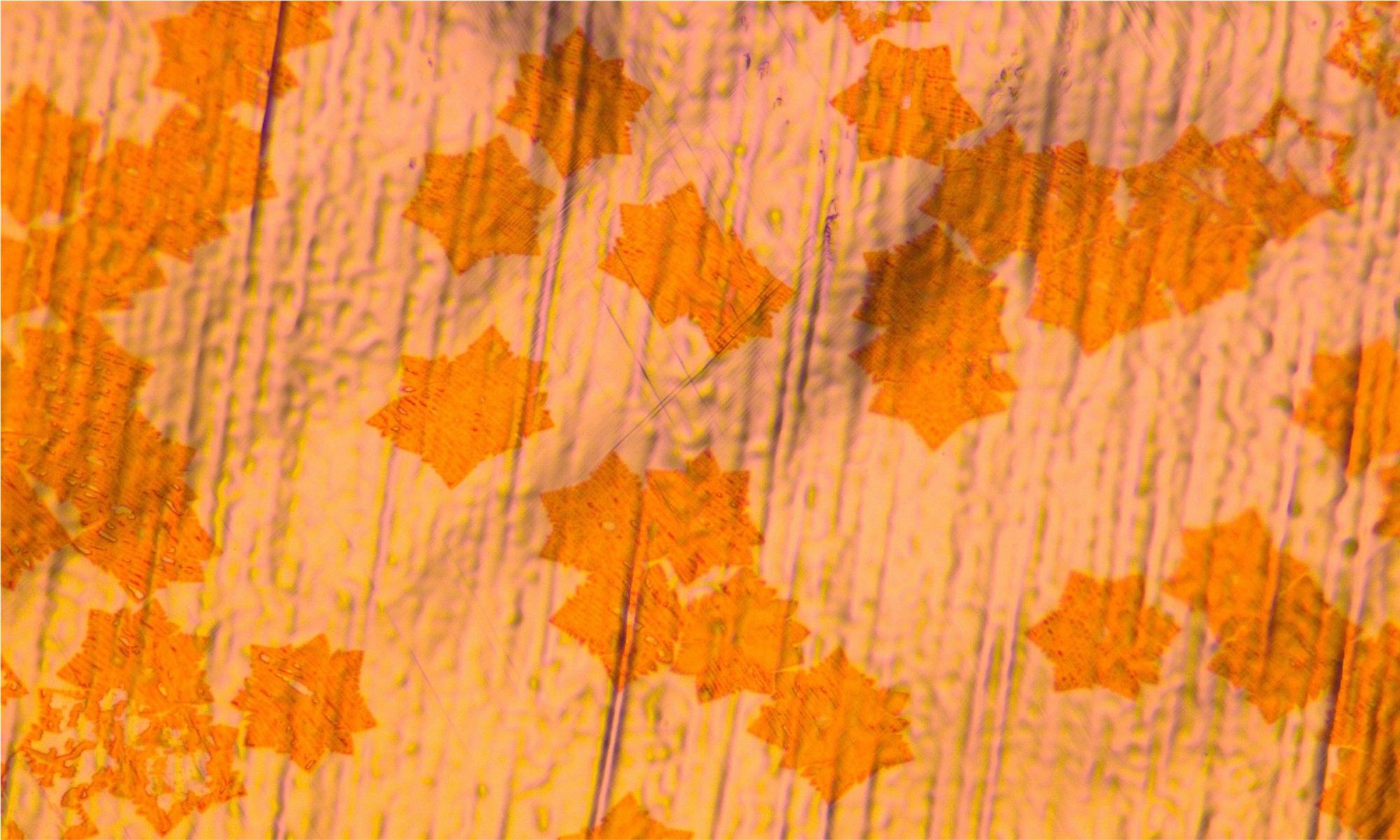The Aachen Graphene & 2D Materials Center warmly congratulates Dr. Alwin Daus, who has won a grant of the Emmy Noether Programme for founding his own junior research group working on 2D materials for flexible electronics.

The Emmy Noether Programme is a prestigious funding-scheme of the German Research Foundation (DFG), which enables exceptionally qualified early career researchers to lead an independent junior research group for a period of six years. The competition is fierce, with a success rate of about 20%. Requirements to succeed are an excellent research project, as well as substantial international research experience.
The project of Dr. Alwin Daus focuses on the growth and integration of two-dimensional (2D) semiconductors for flexible electronics, and builds on the major progresses he has achieved as postdoc at Stanford University in fabricating high-performance flexible nanoscale transistors based 2D semiconductors.
In Aachen, Daus’ research group will be hosted by the Chair of Electronic Devices at RWTH and will operate under the umbrella of the Aachen Graphene and 2D Materials Center. “A major goal of the project is to lay the basis for the scalable growth of 2D semiconductors, in particular transition metal dichalcogenides (TMDs)”, says Daus. “RWTH is the ideal location to conduct this type of research, as here I have access to new state-of-the-art equipment and tools specialized for this type of materials, and I get strong support from the Aachen Graphene & 2D Materials Center.” Indeed, in 2019, RWTH has received a €9,7 million investment-grant from the BMBF to set up 2D-forME, an advanced laboratory for the growth, coating, structuring and characterization of 2D materials for microelectronics.
Daus explains further: “In my project I will focus mostly on developing complementary (CMOS) electronics based on 2D semiconductors for flexible electronics, targeting low-voltage transistors with high-frequency operation. After first addressing fundamental material and device aspects, I aim to realize flexible integrated CMOS circuits based on TMDs. In addition, I would like to start some research on optoelectronic devices (e.g., solar cells), as TMDs are very interesting materials for this type of applications.”
“With these research topics, the Emmy-Noether Group of Alwin will ideally complement the current activities at the Chair.” says Prof. Max Lemme, head of the Chair of Electronic Devices. ”I look very much forward to collaborating on these exciting projects.”
